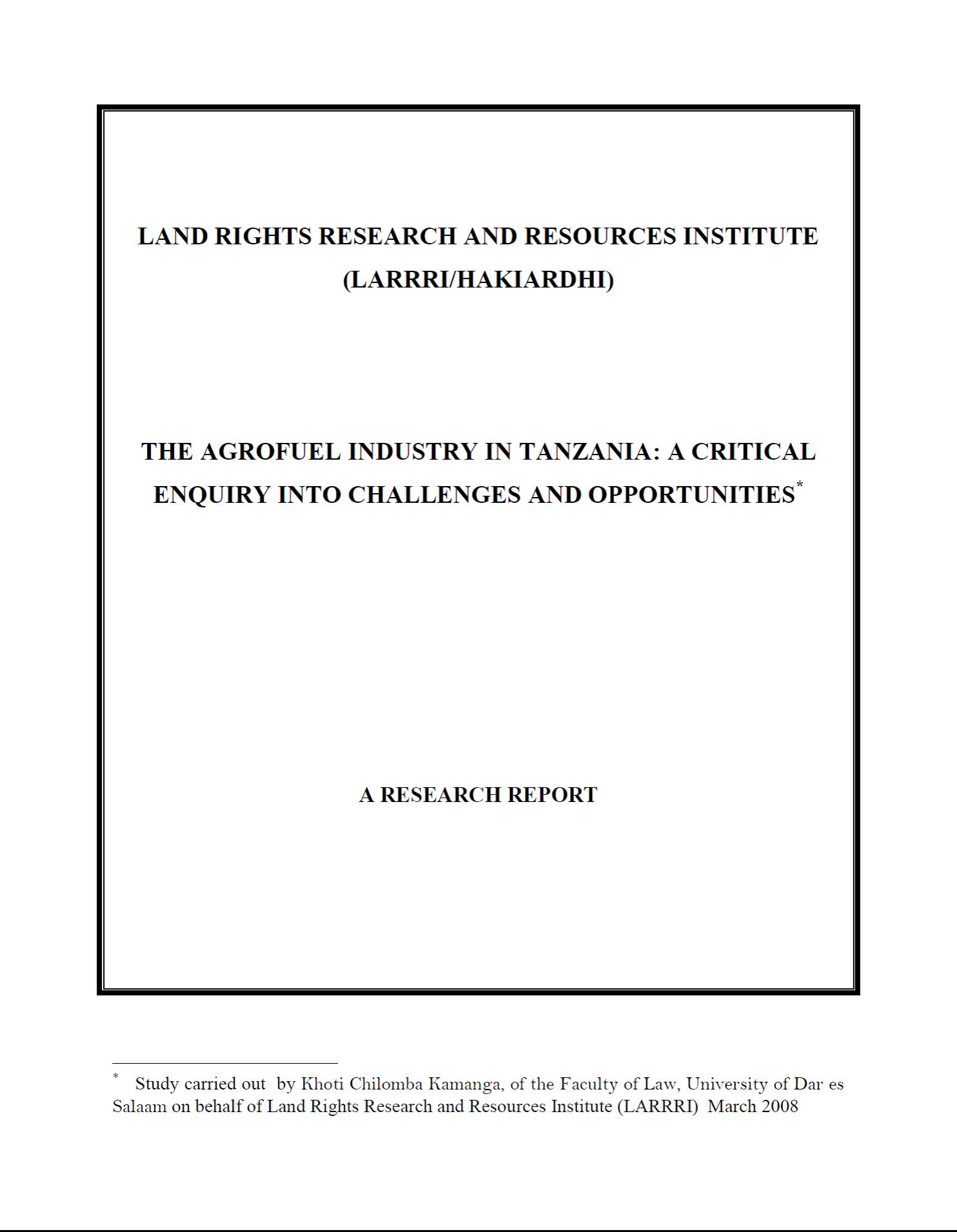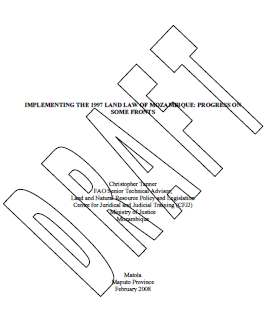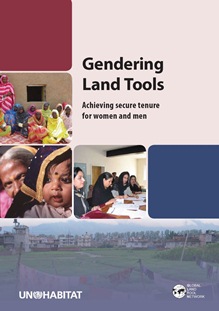Traditionally, the land tenure system in Southern Ethiopia may be characterised by patrilineal inheritance and virilocal residence. Young girls have very little influence over when and whom to marry. Further, they have to go to a husband that their clan or family has identified for them, meaning that they after marriage move to the home of their new husband and inherit no land from their parents. Bride prices and dowries are commonly used, and girls are seen as the property of the husband and his clan. This also implies that if the husband dies, his wife is still the property of his clan.










